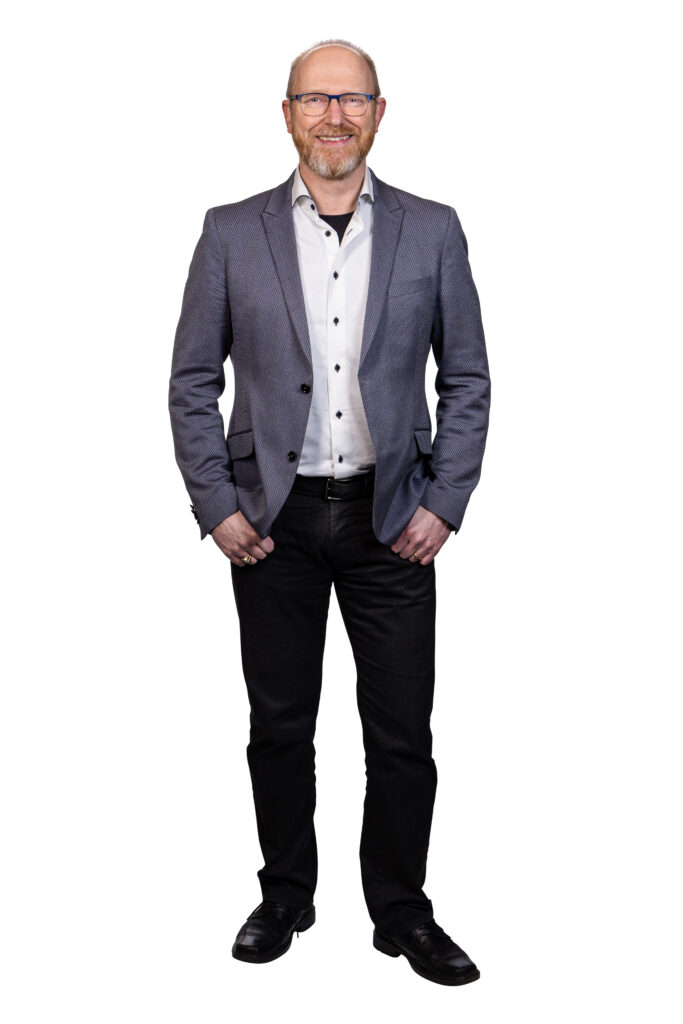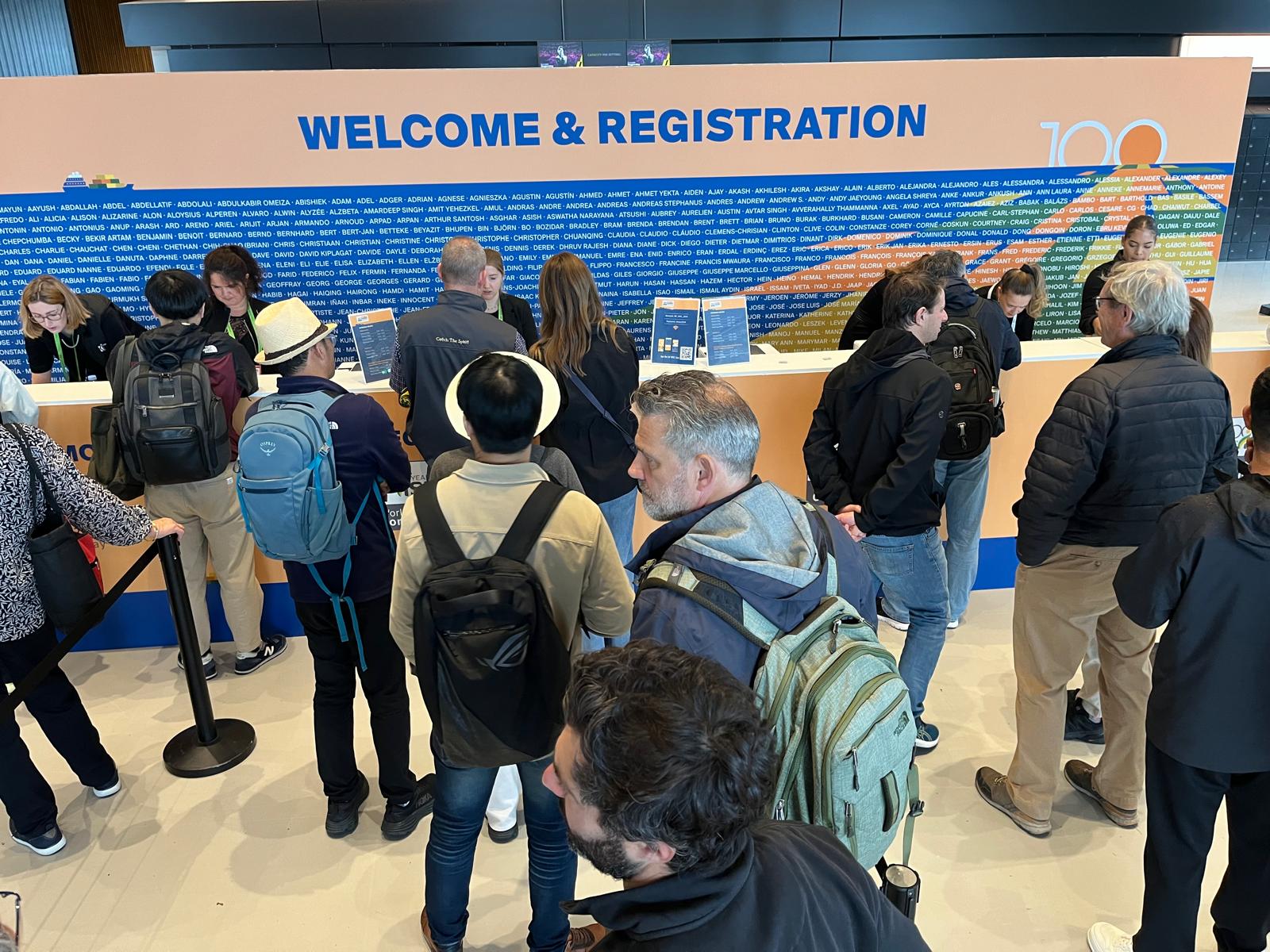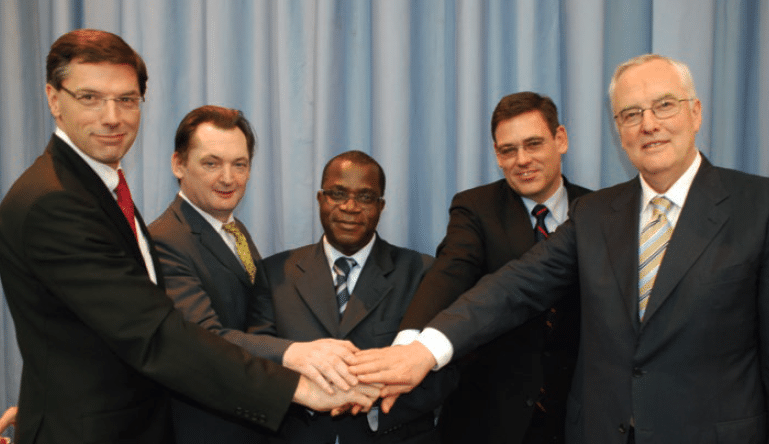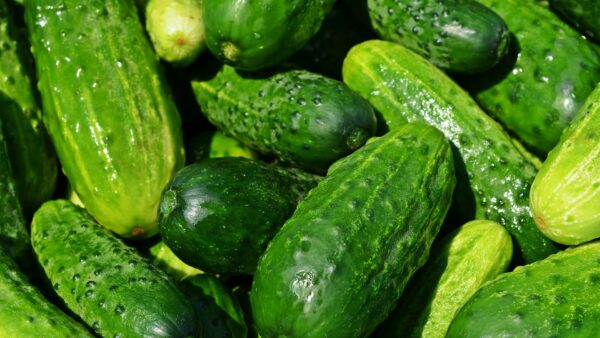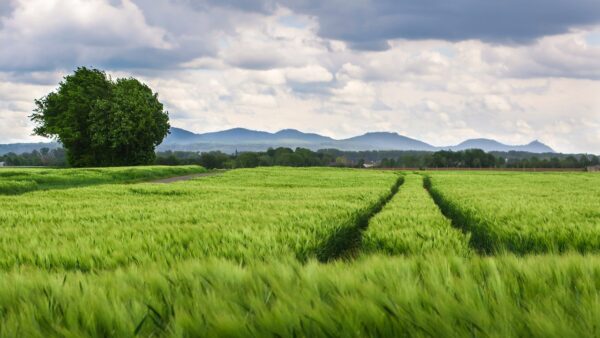The NOC chair talks about growing up in the seed sector and now leading a global seed company.
In the bustling city of Rotterdam, The Netherlands, the International Seed Federation (ISF) is preparing to celebrate its centennial anniversary in a big way at the annual ISF World Seed Congress. A significant milestone in the history of global agriculture and the seed sector, the Centennial and this year’s ISF Congress are not just a commemoration of history but a showcase of the seed industry’s pivotal role in food security and sustainability.
At the helm of the host country’s efforts is Jaap Mazereeuw, CEO of Enza Zaden and chairman of the Congress’ National Organizing Committee (NOC). Mazereeuw’s lifelong passion for horticulture, the evolution of Enza Zaden and the detailed preparations behind organizing such a monumental event are on display.
From a Young Breeder to Seed Visionary
Jaap Mazereeuw’s journey into the seed industry began in a garden, where, as a 10-year-old boy, he cultivated and sold vegetables.
“I had a small garden at the back of Enza Zaden,” he reminisces “I grew my own vegetables and sold them in the neighborhood. After school, I used to cycle past the greengrocers to write down the prices, always ensuring my buyers that my price was competitive.”
His professional path led him to Türkiye at the age of 24, where he spearheaded local breeding programs for melon, zucchini and eggplant. This move marked the beginning of what became a global expansion for Enza Zaden, establishing their second research and development station outside the Netherlands. Mazereeuw’s international experience laid the groundwork for his eventual leadership role in the company. After seven years in Türkiye, he returned to the Netherlands and became responsible for several global breeding programs.
“Over the years, I had developed a vision of where Enza Zaden could go in the future,” he says. “In 2010, I expressed interest to join the Board of Enza Zaden, which eventually happened in 2011.”
A Family Business with Global Reach
Mazereeuw’s grandfather Jacob started Enza Zaden, then called De Enkhuizer Zaadhandel, which has become a world leader in vegetable breeding. The company has been growing and flourishing for three generations, maintaining the same focus and love for the profession as that of the founder.
“As a family business, we think in generations, not in quarterly figures,” Mazereeuw says.
“Because we are independent, we can steer our own course, make sustainable choices, respond quickly to developments in the market and continue to invest in innovation and people,” he says. “We want everyone to feel part of the family.”
Under Mazereeuw’s leadership, Enza Zaden has grown into a global powerhouse with 2,900 employees and offices worldwide. Despite its size, the company maintains a personal touch — which he says is a testament to its roots as a family business.
“We care about our people,” Mazereeuw says. “We look out for each other; we work together, and of course also work-life balance is an important aspect of the well-being of our colleagues on the long term. We really have a long-term focus.
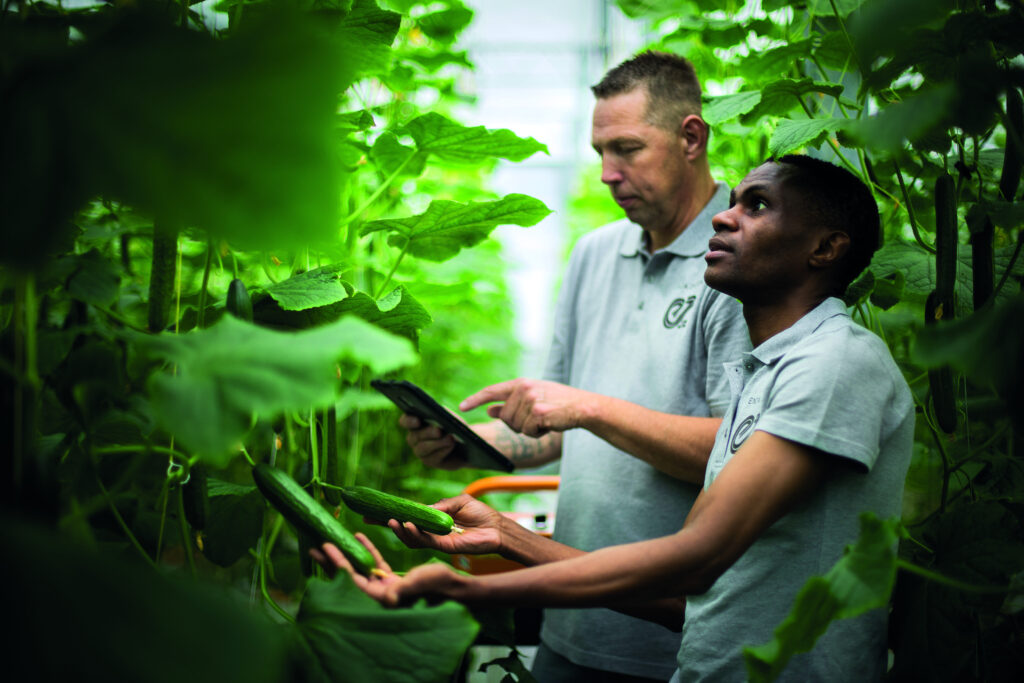
Bridging the Gap Between Organic and Conventional Agriculture
In recent years, Mazereeuw has seen a surge in demand for organic seeds.
“At the same time, we see that conventional crops are becoming more sustainable,” he says. “I think conventional crop production can learn a lot from organics, notably about sustainable use of the soil. The knowledge that is available about how soil life works and how we can find alternative ways of dealing with challenges such as disease pressure. What organic can learn from mainstream is how to feed the world on a large scale. After all, with a growing world population, you need to be ambitious on a large scale.”
The Dutch Legacy in Seed Innovation
The Netherlands, often recognized as one of the largest global seed exporters, has cultivated a thriving seed sector, making it an ideal location for Enza Zaden to maintain leadership, and an excellent choice as host country for the ISF World Seed Congress.
“The Netherlands is successful in the seed sector, and this is not by chance,” Mazereeuw says. “After the Second World War, food security was very important. The Dutch government invested heavily in education, such as Wageningen University and research institutes. Plant breeders’ rights were also introduced. The combination of knowledge, plant material and legislation provided a good breeding ground for entrepreneurs to flourish. An ecosystem, including suppliers and customers, emerged and grew into a powerhouse of technology and development.”
The choice of Rotterdam as the venue for the ISF Centenary Congress was strategic. The city represents a blend of history and modern advancements, symbolized by the iconic port of Rotterdam, a hub of connection and trade.
“Rotterdam is a perfect location. It is the city where the old traditions meet today’s modern progress,” Mazereeuw says. “In addition, the port of Rotterdam is an important symbol of connection and trade, which fits perfectly with the seed sector’s commitment to the value chains and society. And, of course, we have also looked very practically. We are expecting a large congress with many participants, perhaps a record number. The facilities in Rotterdam, both for the congress itself (AHOY) and for the parties, are fantastic.”
Mazereeuw lauds the dedicated team of experts from the ISF and NOC, supported by Plantum staff, who meticulously planned the Congress to ensure a memorable experience for all attendees. With a shared vision and collaborative spirit, they are poised to celebrate a century of achievements and innovations in the seed industry.
“We can organize a perfect event,” he adds. “But without congress attendees, it won’t be a success. We are really looking forward to celebrating this centennial together and making it memorable event.”
He hopes the Congress will successfully honor the past and lay a fertile foundation for the future of the global seed sector.
